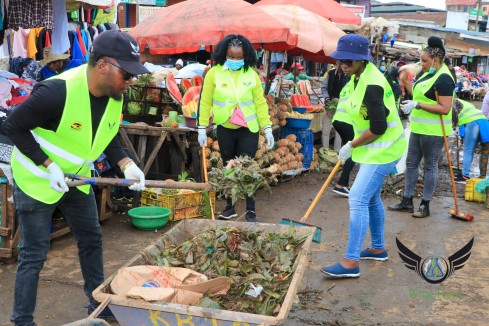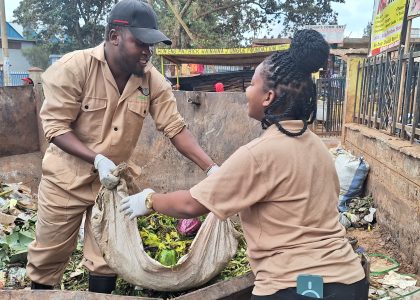The UN General Assembly established World Environment Day (WED) in 1972 on the first day of the Stockholm Conference on the Human Environment. It occurs on 5 June every year and is the United Nations’ principal vehicle for encouraging worldwide awareness and action for the protection of our environment. Since 1973, World Environment Day, led by the UN Environment Programme (UNEP), has raised awareness about critical environmental issues, from climate change to chemical pollution. ‘
The theme for World Environment Day 2024 was “accelerating land restoration, drought resilience & desertification progress.” This was a reminder that we all can step up to spark global change to address environmental degradation. Despite having different generations, the theme invited all generations of Boomers, Gen X, Millennials, and Gen Z to come together to end the drivers of land degradation, drought and desertification, such as climate change. We are Generation Restoration. We cannot turn back time, but we can grow forests, harvest rainwater, eat soil-friendly diets and fight climate change.
Wangige Market Clean-Up
WingFarm, in partnership with Bold Impact Africa, Ndigithu Creatives Africa, Kilimo Pro, Kiambu County Government, and YALI Alumni Kenya Chapter, celebrated this year’s World Environment Day 2024 by carrying out a market clean-up and raising awareness of the importance of reducing food waste and loss at retail and food service levels to cut down on water usage and carbon emissions.
Graced by the Assistant County Commissioner – Kabete Sub-County, Mr Mugambi, a team of 40 volunteers comprising youths and staff from the Kiambu Count Government Environment Department participated in cleaning up Wangige market and planting trees at Wangige Primary School.
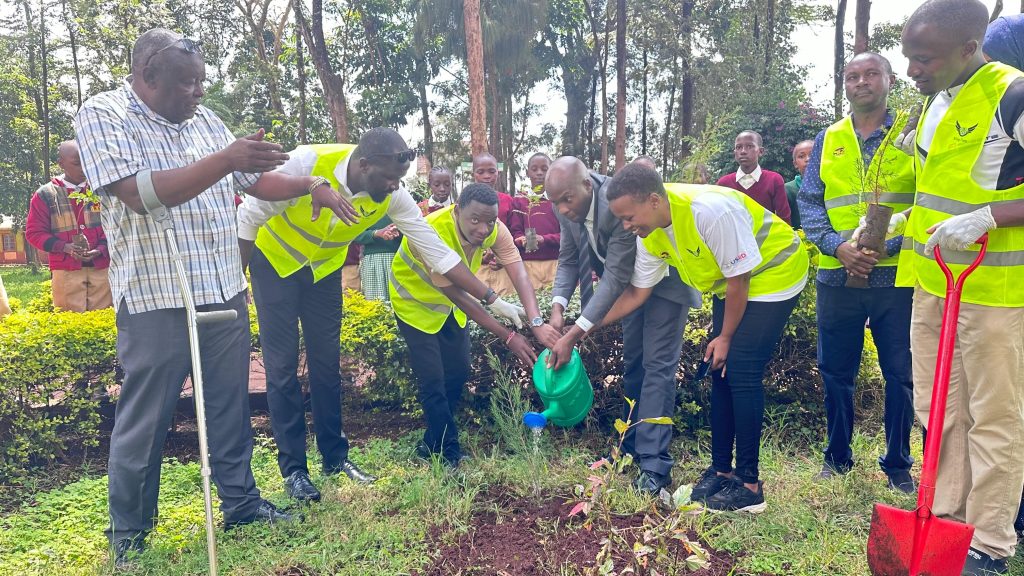
Evidence shows that poor waste management in urban areas is one of the major causes of land degradation. According to UNEP, poor waste management – ranging from non-existing collection systems to ineffective disposal -causes air pollution, and water and soil contamination. Open and unsanitary landfills contribute to contamination of drinking water and can cause infection and transmit diseases.
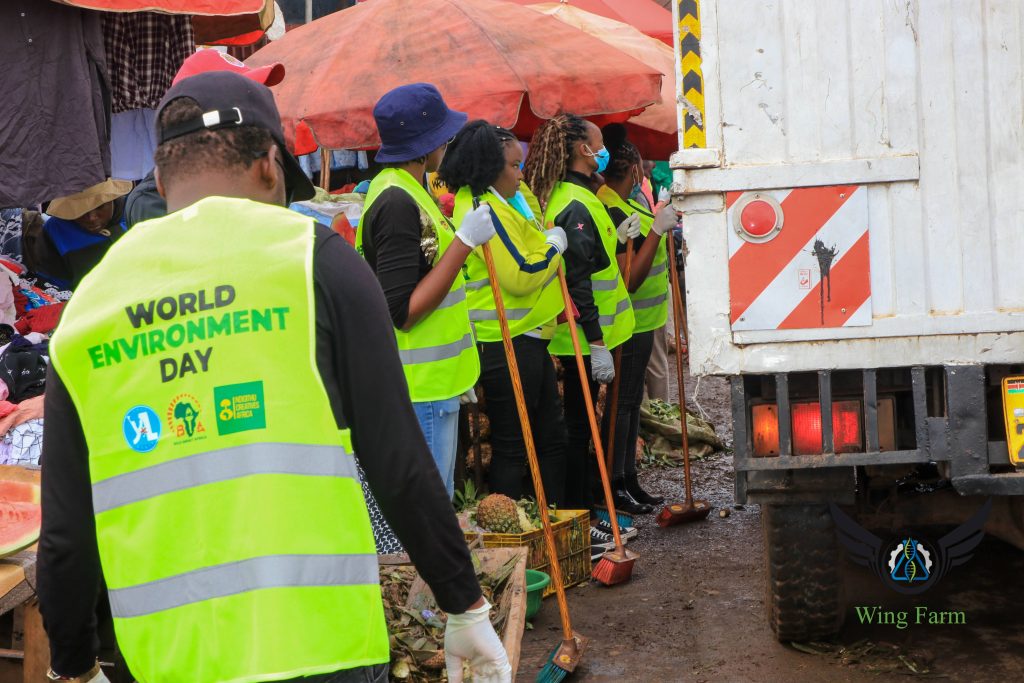
To reduce the amount of waste going to landfills, WingFarm, with its partners, aimed to convert 1 ton of organic waste from the market to valuable products: Organic fertilizer and protein for animal feeds using black soldier fly larvae. The waste collected from the market was transported to WingFarm’s demo farm, where it will be fed to Black Soldier Fly (BSF ) larvae.
BSF larvae are voracious eaters and possess a remarkable ability to rapidly consume large quantities of organic waste materials. Food scraps, agricultural residues, and even animal manure become a valuable feast for these industrious insects. This rapid consumption of organic matter sets BSF larvae apart as exceptional agents in waste management. By diverting such waste streams to BSF colonies, we can significantly reduce the amount of organic waste ending up in landfills, thereby preventing the release of harmful greenhouse gases like methane.
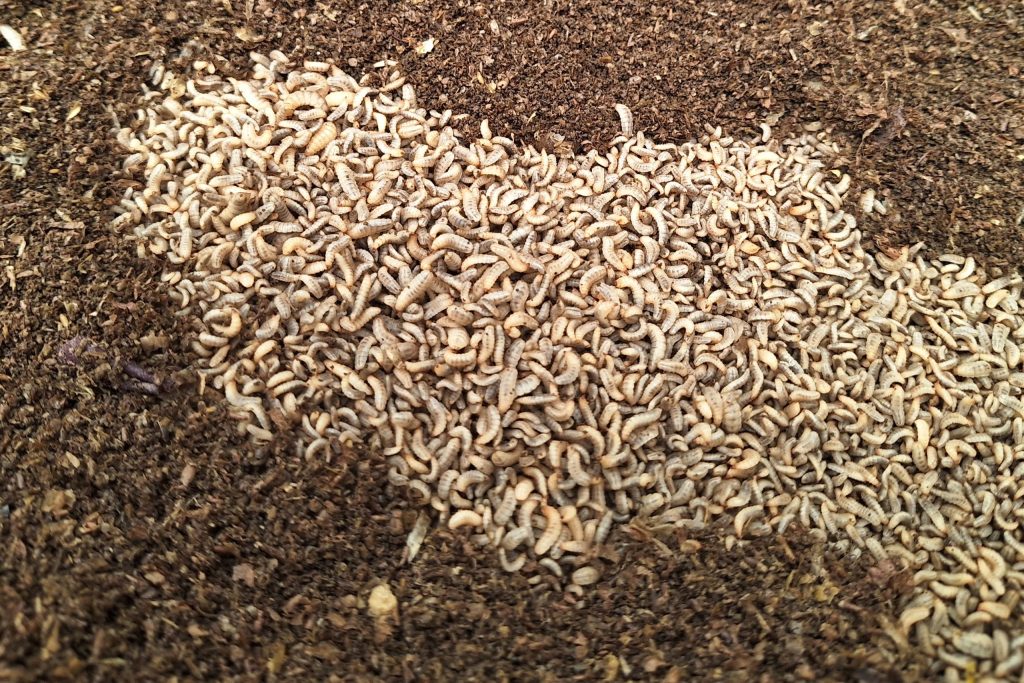
Tree planting at Wangige Primary School.
By planting trees, World Environment Day celebrations would stay within the benefits that trees provide to the environment. The team planted over 100 trees at Wangige Primary School to show their appreciation for the benefits trees bring. Also, the team spent time teaching the students—the generation that will come after them—about the value of trees. Trees have provided us with two necessities of life since their inception: oxygen and food. As humanity advanced, they added new requirements such as shelter, medicine, and tools.
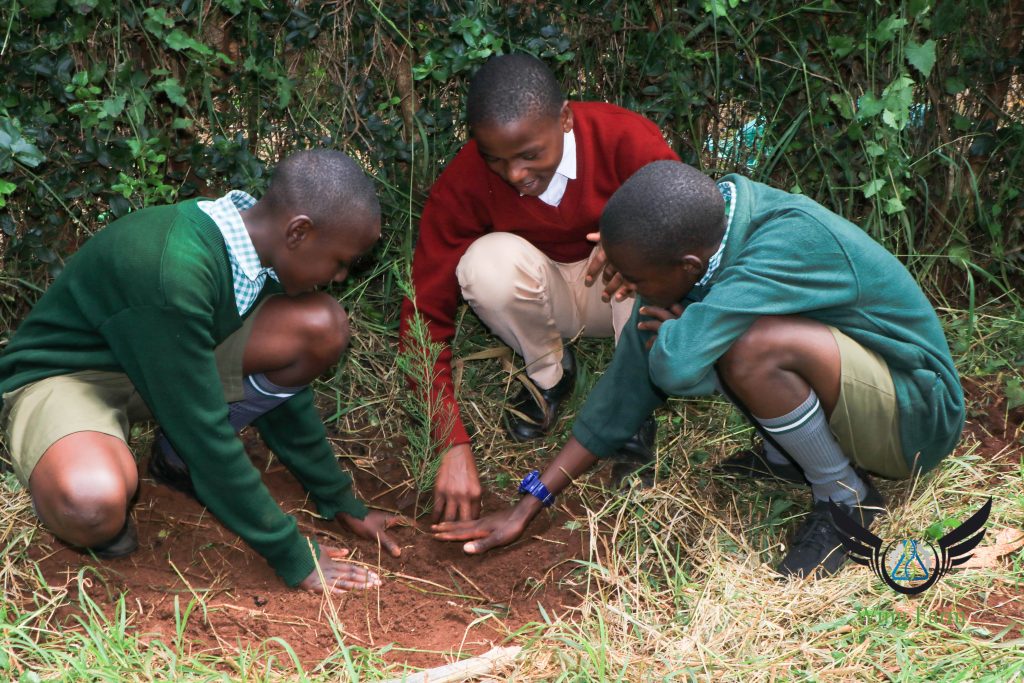
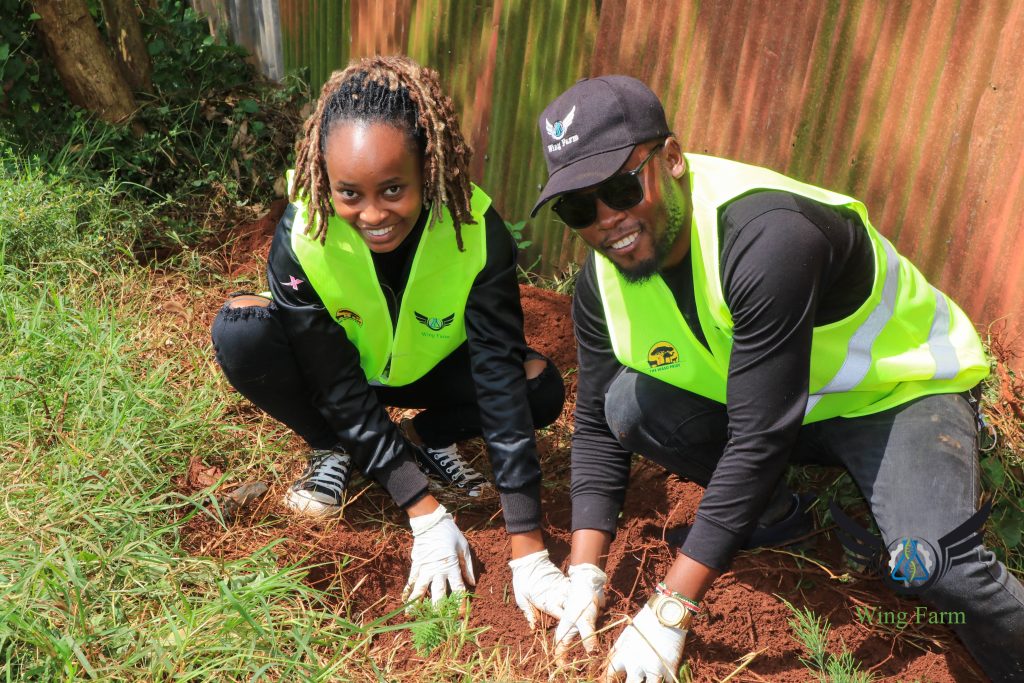
Their value has increased indefinitely up to this point, and new uses for trees are being discovered as their purpose expands to meet all modern living demands. Trees are an essential component of any community. Trees line our streets, parks, playgrounds, and even our backyards, creating a peaceful environment that is also visually appealing. Trees enhance quality of life by bringing nature and wildlife habitats into urban areas. Trees benefit their surroundings by producing oxygen, improving air quality, reducing climate change, conserving water, preserving soil, and providing habitat for wildlife. This exercise was essential to positively and sustainably affect the environment.
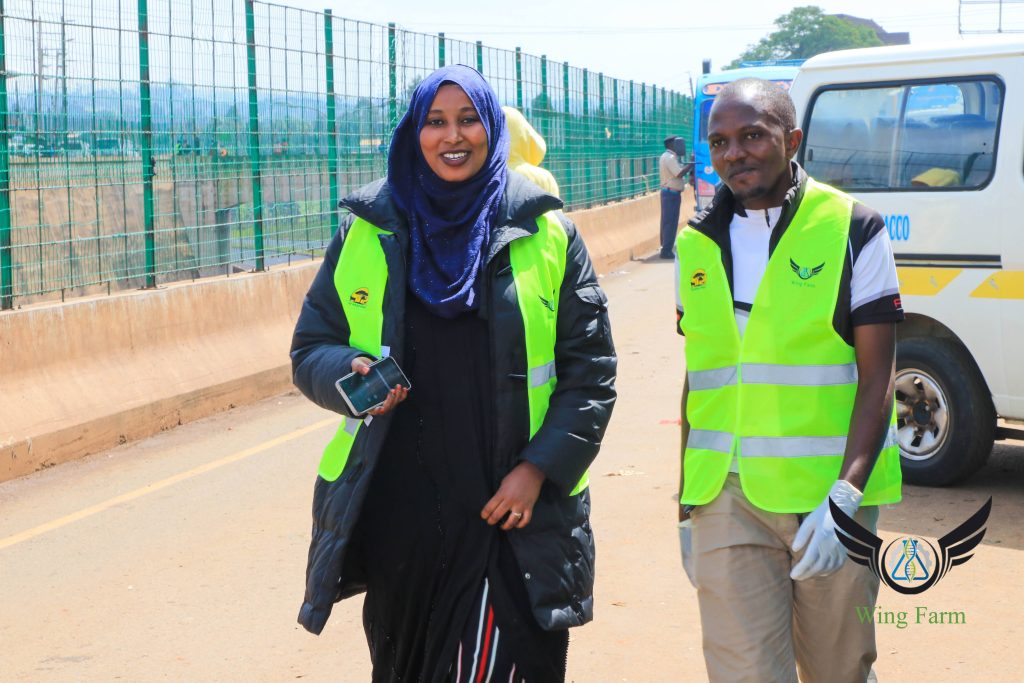
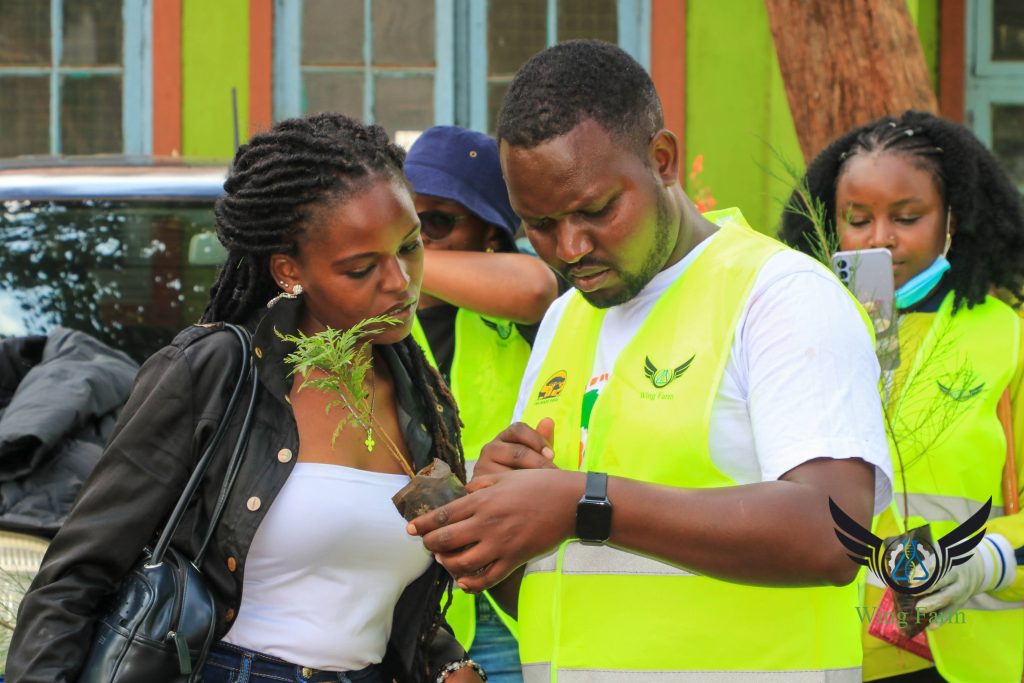
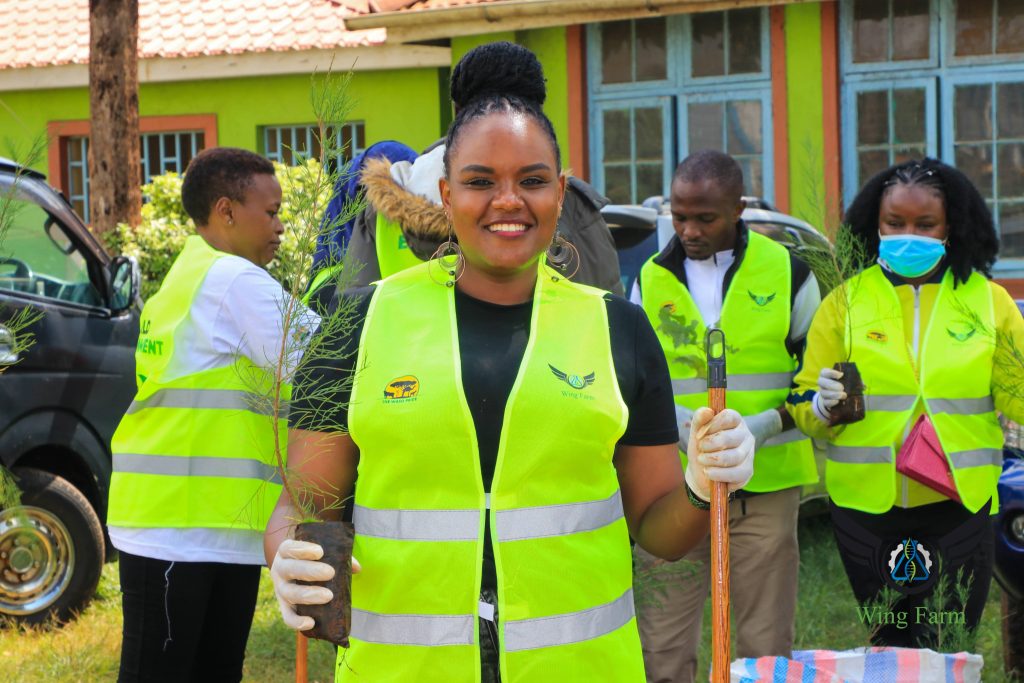
According to estimates, more than 14 football fields of primary forest are burned every minute, but reforestation and conservation are two of the most effective tools for combating climate change. We are responsible for embracing Circular Economies and Reforestation to create sustainable living and healthy futures.


